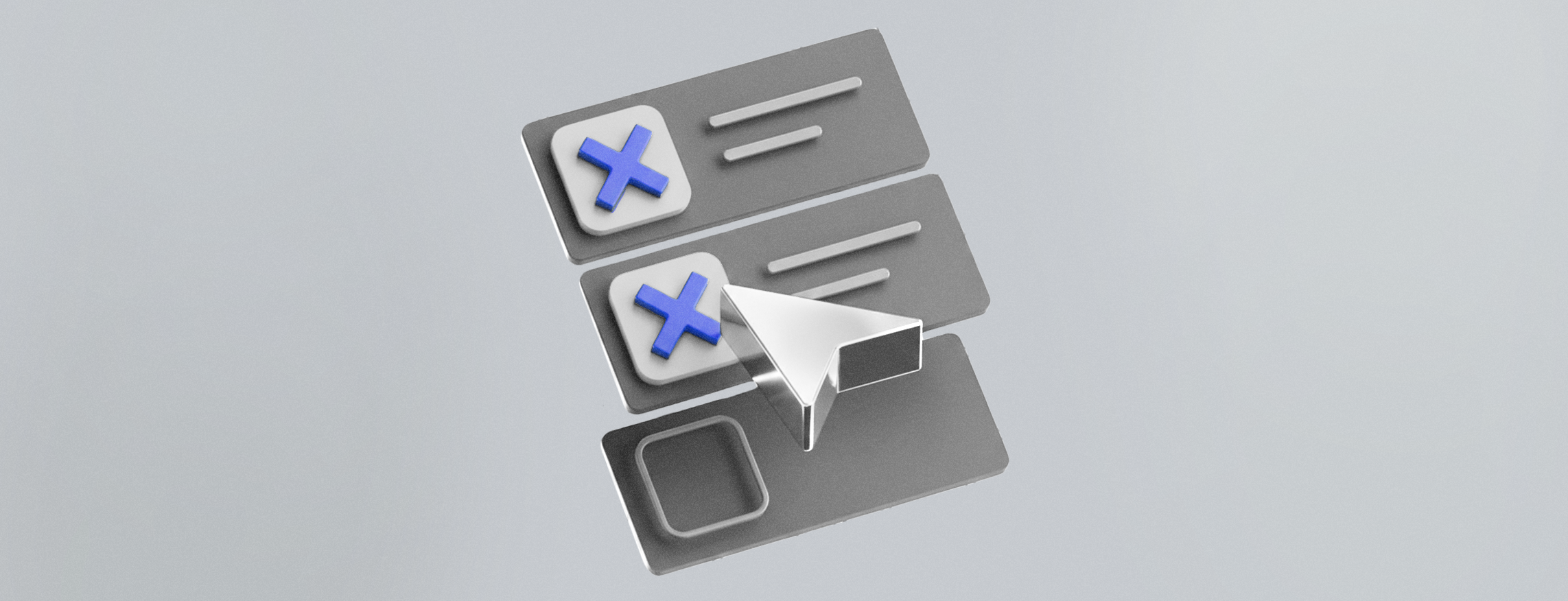
.svg)


How to Manage Your Nigerian Bank Account After Moving Abroad


3
.png)
Leaving Nigeria to start a new life in a foreign country is exciting — with new opportunities, a different pace of life, and endless adjustments. However, one thing that doesn’t get discussed enough is: what happens to your Nigerian bank account once you leave?
If you still have family at home, investments, or businesses operating in Nigeria, keeping your account active and managing it wisely is crucial. Here are some practical ways to stay on top of it.
1. Don’t close your account just yet
It might feel tempting to “start fresh” and close your Nigerian account once you’ve moved, but that can cause unnecessary stress later. Most banks allow you to maintain your account as long as it’s not dormant, so even a small transaction here and there helps keep it alive. You may need the account to:
- Pay family obligations (like school fees, allowances, or upkeep).
- Keep track of investments (real estate, stocks, or savings).
- Receive inflows from people or businesses still in Nigeria.
2. Update your details before you travel
It’s a small step that prevents big headaches when you need to log in or resolve issues. Before leaving Nigeria, ensure your bank has your correct:
- Email address (since OTPs and notifications may come here if SMS doesn’t work abroad).
- International phone number (if supported).
- Next-of-kin details.
3. Leverage internet and mobile banking
Most Nigerian banks now have functional mobile apps or online banking portals. Always ensure you have your login credentials and token device (if your bank still uses one) before travelling. These let you:
- Transfer money locally within Nigeria.
- Buy airtime/data for family or tenants.
- Pay utility bills.
4. Use trusted money transfer apps for international transactions
Here’s the reality: Nigerian banking apps don’t usually allow you to send money directly abroad. That’s where international transfer services like Pesa, Remitly, or Wise (if available in your country) come in.
For example, with Pesa, you can send money straight from your new home to Nigeria and fund your Nigerian account at competitive rates. It’s faster, easier, and saves you from relying on random “black market” operators.
.webp)
5. Watch out for dormancy rules
In Nigeria, bank accounts with no activity for 6–12 months may be marked as dormant. This means you won’t be able to make withdrawals until you reactivate it (often requiring physical presence).
To avoid this, set up small recurring transactions, even just sending in a little money every couple of months.
6. Keep an eye on charges and FX rules
Nigerian banks can sometimes surprise you with new maintenance charges, SMS fees, or FX restrictions. For instance, there are caps on how much you can spend with your Naira card abroad, and these limits are subject to change frequently.
Make it a habit to check your bank’s emails or social media pages for updates, so you’re not caught off guard when your card suddenly stops working on Netflix or Amazon.
7. Consider appointing a trusted proxy
If you have heavy financial obligations back home (like property or business expenses), consider giving someone you trust limited access to handle your financial affairs on your behalf. This could mean:
- Setting up third-party mandates at your bank.
- Using fintechs that allow you to automate payments.
Just make sure this is someone reliable — money and trust don’t always mix well.
8. Diversify beyond your Nigerian account
Finally, while keeping your Nigerian account active is essential, you should not rely solely on it. Set up accounts in your new country for daily living and savings, and use international wallets (like Pesa’s multi-currency wallet) to bridge the two worlds.
This way, you’re not stuck if Nigeria’s financial system experiences sudden policy shifts.
Managing your Nigerian bank account after moving abroad primarily involves preparation and consistency. Keep it active, use digital tools, and stay informed about changes in banking rules. Pairing that with a reliable international money transfer app makes it easier to support family, handle financial obligations, and remain connected financially, no matter where you live.
Related articles
See all











